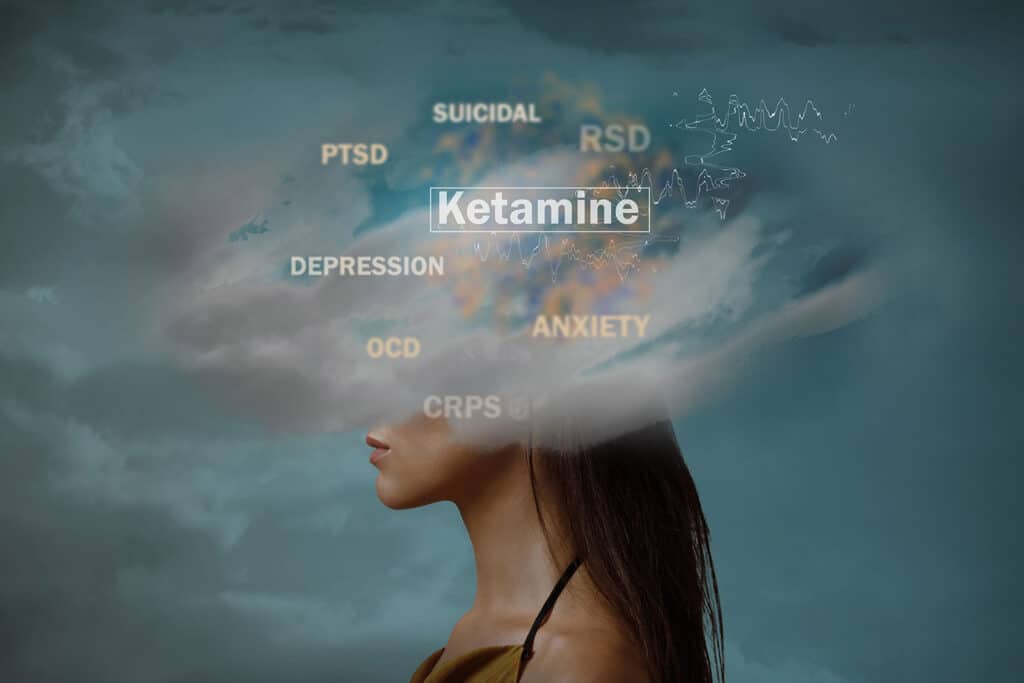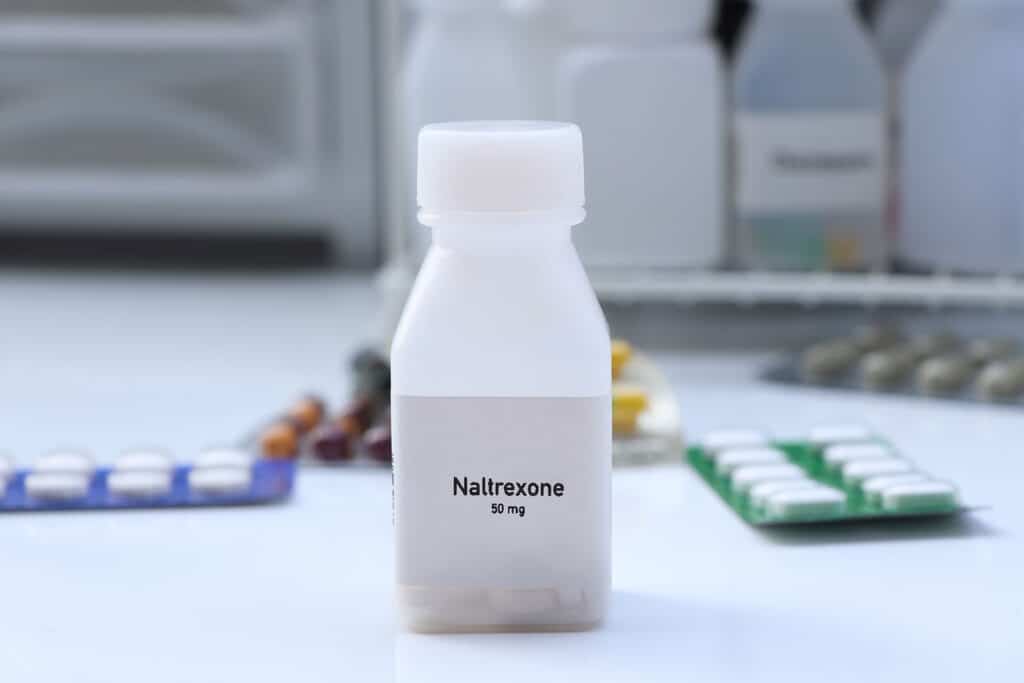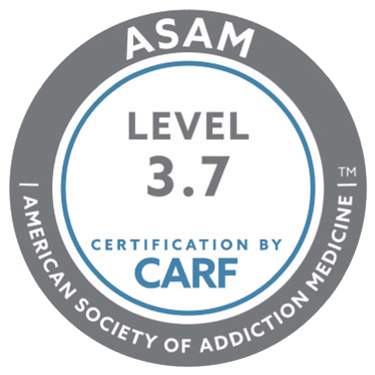Are You a Good Candidate for Ketamine Therapy?
Ketamine therapy is one of the newest trends in psychology. It does have some proven benefits for treatment-resistant depression and other mental health issues. However, just like any other type of medicine, ketamine is not for everyone. This type of therapy can be problematic for patients with health problems or a past history of drug abuse. Before you try ketamine therapy, there are several things you need to know.
What Is Ketamine?
Ketamine is a type of dissociative anesthetic that’s been used to manage pain for decades. It works by blocking the NMDA receptors in the brain that usually manage mood, cognition, and pain. This class of medication is known for its ability to create a relaxed, trance-like state without depressing breathing or blood pressure. This makes it one of the safest and most effective options for anesthesia.
As a dissociative, ketamine tends to make people feel disconnected from their thoughts, environment, and identity. Especially in higher doses, it can make things seem unreal or induce hallucinations. Ketamine can have an amnesiac effect that causes people to forget what happened while they were under the influence.
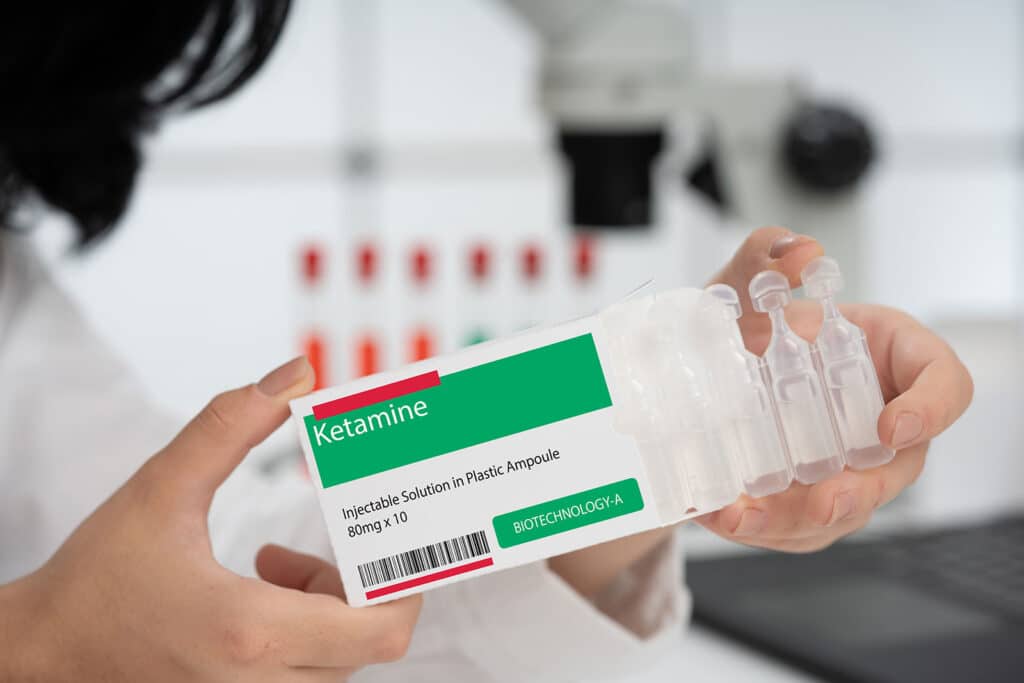
Understanding the Therapeutic Benefits of Ketamine
Due to the way it impacts the brain, ketamine is a very effective treatment for major depressive disorder. When patients take ketamine, they report several hours of relief from symptoms. Even in treatment-resistant depression, ketamine has an extremely positive and noticeable impact. However, these immediate effects tend to fade after around four to seven days.
Because it’s not long-lasting, ketamine isn’t usually used like traditional antidepressants. Though some people with severe depression may take regular doses of ketamine as a form of maintenance medication, it’s more common to use ketamine as a form of therapy. Ketamine therapy is a type of treatment that takes advantage of the drug’s dissociative and mentally stimulating effect. Patients take a dose of ketamine under supervision in a safe environment. The effects of ketamine then help them explore their mental health challenges without feeling the full weight of negative memories and depressive thoughts.
Especially when combined with traditional talk therapy, ketamine therapy can be a great way to allow patients to process things more fully and take steps toward improvement. It’s been shown to be helpful in people with depression, anxiety, substance use, and post-traumatic stress disorders.
Is Ketamine Safe?
Ketamine does provide a lot of proven benefits for people with mental health challenges, and it’s been used safely as an anesthetic since the 1960s. Most patients don’t report any side effects beyond temporary symptoms like dizziness, nausea, and anxiety. However, this doesn’t mean that everyone should try ketamine. It’s a very intense medication that has a broad range of mental and physical effects. Your doctor typically will not prescribe it if you have one of the following issues.

Ketamine Can Worsen Certain Medical Conditions
Ketamine use tends to stimulate heart function and increase blood pressure and bronchodilation. This makes it unsafe for patients with heart conditions. It’s not recommended if you have hypertension, cardiovascular disease, or other heart issues. Patients who have increased intracranial or intraocular pressure should also avoid ketamine due to its hypertensive effect.
Another thing to keep in mind is that ketamine can trigger psychosis in some patients with mental health problems. It is not recommended for people who have been previously diagnosed with schizophrenia. Due to the intense effects, ketamine may not be a good option for people with severe personality disorders either.
Ketamine May Interact Poorly With Certain Medications
Certain drugs can interact poorly with ketamine and cause negative effects like an excessively fast heart rate or dangerously slow breathing. Ketamine is not safe to take alongside many antidepressants and anti-anxiety medications. You should not take it while using things like lorazepam, diazepam, sertraline, and alprazolam.
Some patients also have negative reactions if they take ketamine with a stimulant medication like Adderall or Ritalin. Furthermore, ketamine is very dangerous to take alongside alcohol or other depressant drugs because it can further sedate you and lead to overdose risks.
Ketamine Can Be Dangerous for Those With an Addiction
If a patient has a history of substance abuse, their doctor will usually be quite cautious about prescribing ketamine. Though ketamine is not physically addictive, the mental sensations it produces can be extremely appealing. People who already struggle with misusing substances risk becoming psychologically dependent on ketamine. Some may end up trying to replace their previous addiction with unsafe ketamine usage instead.
Despite this contraindication, there is also some evidence to suggest that ketamine can be useful for certain types of addiction. Therefore, most doctors will decide whether ketamine is appropriate on a case-by-case basis. Patients who have severe addiction or who are addicted to substances similar to ketamine are less likely to be prescribed ketamine.
Populations Who Need Extra Caution Before Trying Ketamine
Keep in mind that most of the research on ketamine was done on healthy adults between the ages of 18 and 65. If you are outside of those age ranges, it’s important to approach ketamine therapy cautiously.
In the elderly population, the side effects of ketamine are more pronounced. Seniors are often more sensitive to ketamine and more likely to struggle with unpleasant sensations like confusion and anxiety. While ketamine is safe to use as an anesthetic on children and teens, there have been no studies on the effects of repeated use of ketamine for therapy. It is possible that ketamine may impair development or cause other issues.
Many pregnant women may already be unable to take ketamine due to conditions like pre-eclampsia. However, even those without other conditions should avoid ketamine because it hasn’t proven to be safe for developing fetuses. Studies of animals show that prenatal exposure to ketamine is neurotoxic to a fetus’ developing brain, and it may cause lifelong deficits for some.
Practical and Logistical Considerations to Be Aware of
In addition to medical details, you also need to consider whether your lifestyle would be suitable for ketamine treatment. It usually involves multiple visits to both a doctor’s office and sessions with a therapist or counselor. If you do not have the time or ability to commit to regular visits, ketamine therapy is probably not for you.
This treatment also requires patients to have some form of support after treatment. You’ll need someone to help you get home and ensure you are safe and comfortable after your session. Most patients tend to do best if they have a friend or family member who can provide nonjudgmental, caring encouragement.
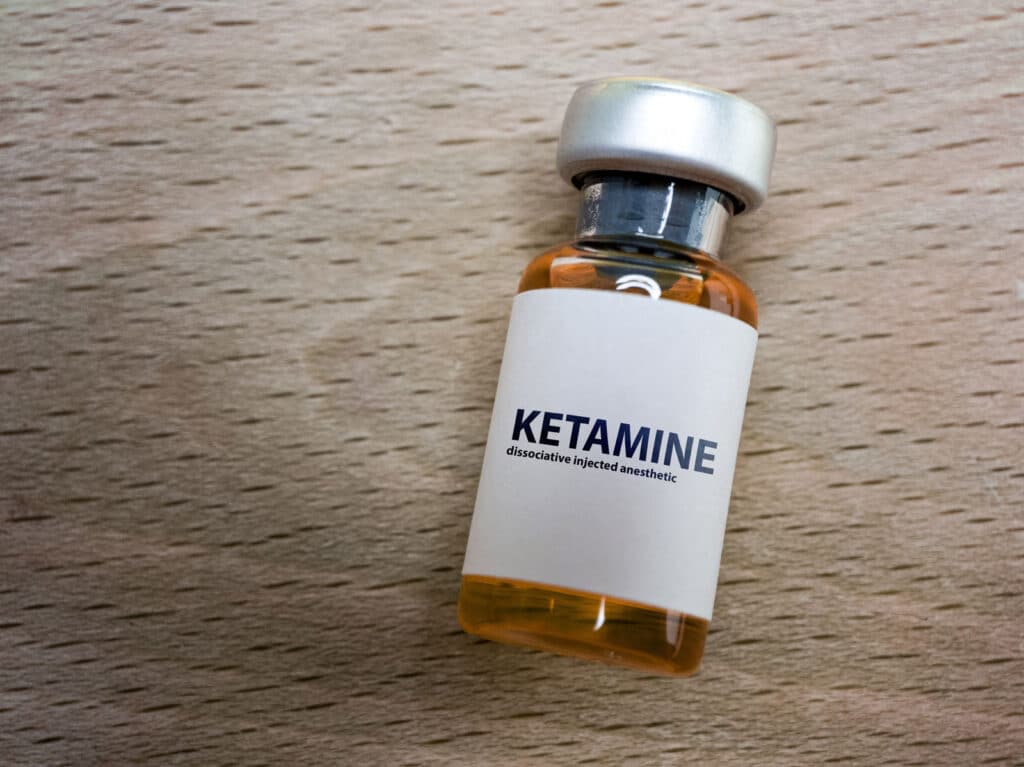
The Importance of Proper Screening and Evaluation
As you can see, there are a lot of details that go into determining whether a patient is ready for ketamine therapy. Even people who are mostly healthy might happen to have a random issue that makes ketamine therapy unsafe for them. To avoid any unpleasant surprises during therapy, it’s important to get a thorough screening beforehand.
A professional doctor or psychiatrist can evaluate you and let you know whether ketamine is right for you. This screening test usually involves your doctor asking extensive questions about your medical background and performing a physical exam. They’ll also ask questions about your general well-being and assess your ability to benefit from the therapy. Though this screening process can feel lengthy and invasive, it’s important to be honest and participate fully. Passing the evaluation allows you to be confident that you can get positive benefits from ketamine therapy.
Discover More About Ketamine Therapy
If you’re interested in the benefits of ketamine, the first thing to do is schedule an evaluation with a provider near you. Even if you turn out to not be a candidate for ketamine, they can offer alternative approaches like antidepressant medication, cognitive behavioral therapy, eye movement desensitization and reprocessing therapy, or other treatments.
Recreate Behavioral Health Network is here to make your wellness journey easier. Our team can help you locate treatment centers in your area and access a variety of care options. Call or email us today to learn more.


